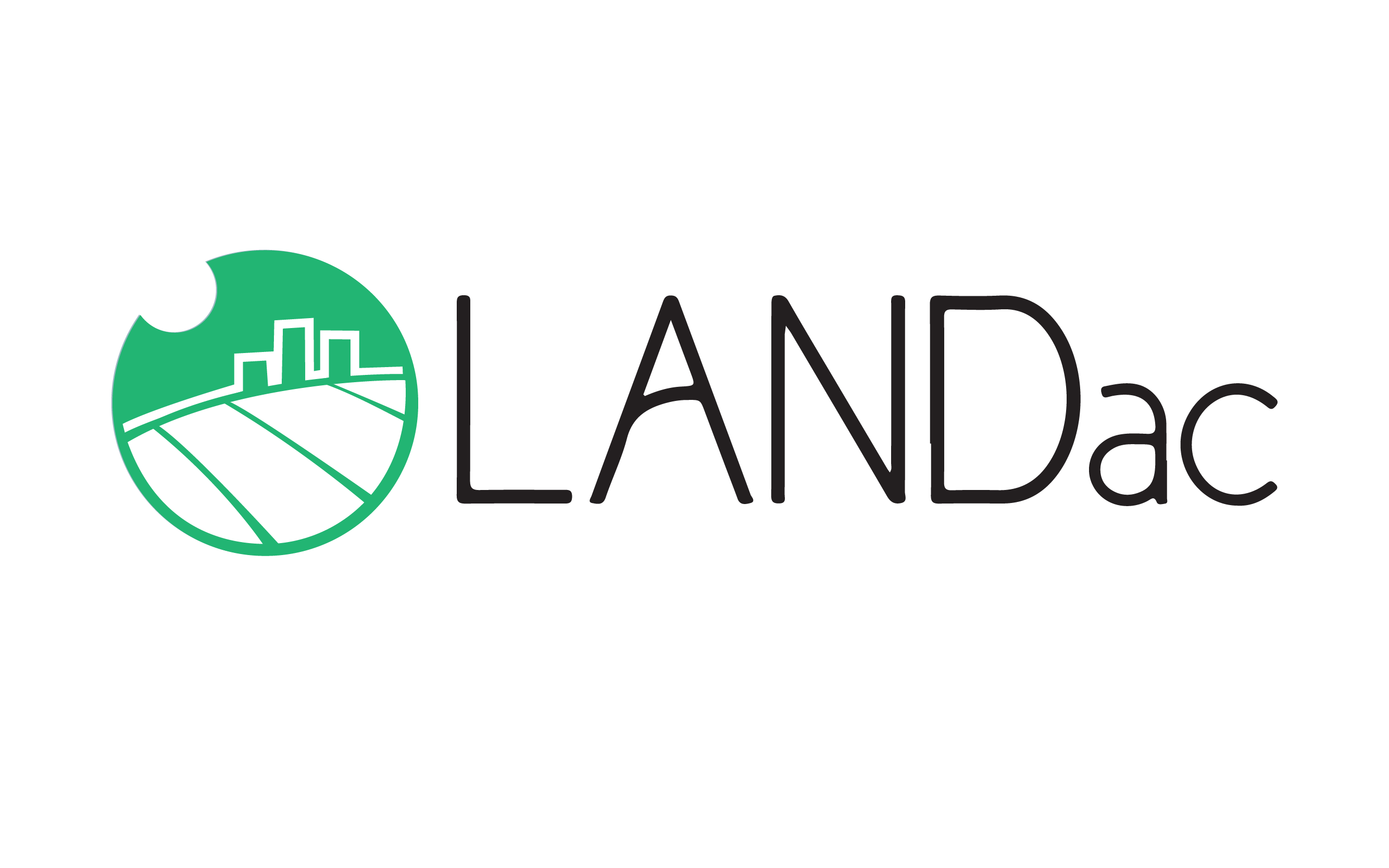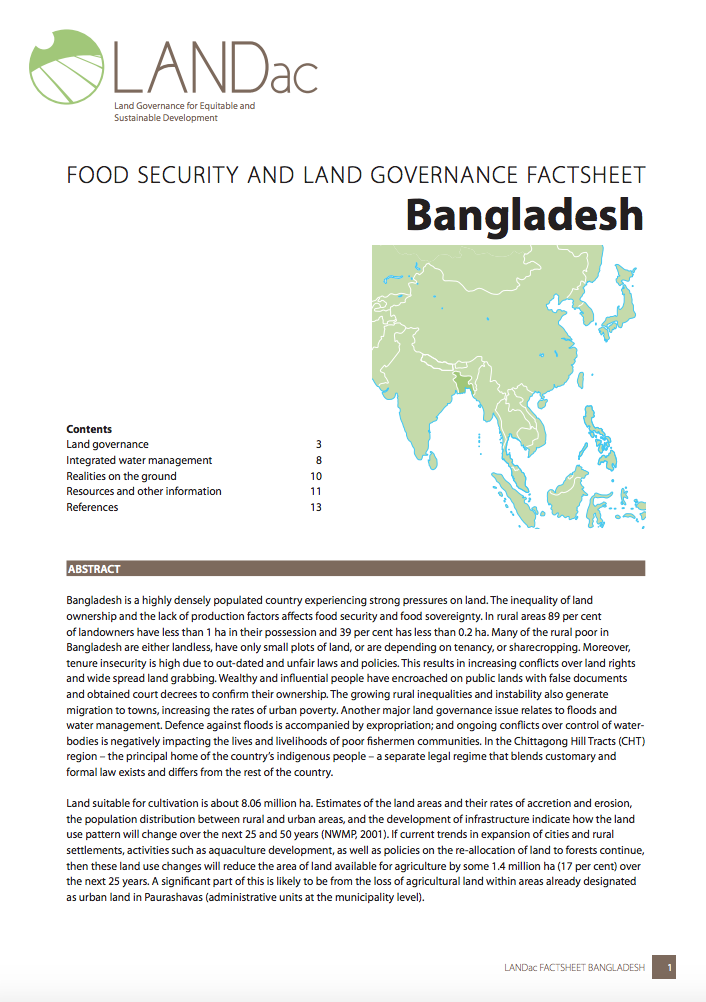Location
LANDac, the Netherlands Academie on Land Governance for Equitable and Sustainable Development, is a partnership between Dutch organizations working on land governance. The partners are the International Development Studies (IDS) group at Utrecht University (leading partner), African Studies Centre, Agriterra, the Sociology of Development and Change (SDC) group at Wageningen University, the Land Portal Foundation, HIVOS, the Royal Tropical Institute (KIT), the Netherlands Ministry of Foreign Affairs, and Enclude Solutions. LANDac is one of the IS-Academies, a series of programs sponsored by the Ministry of Foreign Affairs, to improve and strengthen linkages between academia and development practitioners in the field of international cooperation (IS Academies for International Cooperation)
LANDac aims at bringing together researchers, policy makers and development practitioners in the field of land governance and development. The LANDac network conducts research, brings together actors and distributes information, focusing on new pressures and competing claims on land and natural resources. LANDac studies the impact of large-scale land deals in agriculture for food production andf biofuels, urbanization, tourism; and the role of land laws, reforms, regulations, and voluntary guidelines and principles, in dealing with new pressures. LANDac has six PhD research projects and several related PhDs; moreover, 17 short-term research projects have been carried out in collaboration with Southern partners.
Mission
LANDac, the IS Academy on Land Governance for Equitable and Sustainable Development, aims at bringing together researchers, policy makers and practitioners in the field of land governance and development.
Land Governance for Equitable and Sustainable Development
LANDac is a partnership between several Dutch organisations and their Southern partners involved in development-related research, policy and practice. The partners share a concern for increasing land inequality and new land-related conflicts, and how land governance – rules and practices on access to land – can be used to promote equitable and sustainable development in the Global South.
LANDac is one of the IS Academies for International Cooperation sponsored by the Netherlands Ministry of Foreign Affairs.
Resources
Displaying 26 - 30 of 33Linking land governance and food security in Africa
Equitable access to land is vital for inclusive economic growth, sustainable development and food security. Although much is known about the topics of land governance and food security, it is not always clear how the two relate to each other, especially in specific country contexts. This reflection paper, based on literature, LANDac country factsheets and three learning trajectories initiated by LANDac in Uganda, Ghana and Ethiopia, brings together findings and outcomes to provide policy recommendations for improved land governance and food security in Africa.
LandAc Bangladesh Factsheet – 2016
These factsheets present the relevant policy and institutional contexts with respect to land governance and food security. They have been updated in July 2012 and 2015/2016.
Flowers for food? Scoping study on Dutch flower farms, land governance and local food security in Eastern Africa
Studies the complex linkages between land governance and how they relate directly and indirectly to local food security in Kenya, Tanzania, Uganda and Ethiopia. Found that floriculture investments have both negative and positive impacts through land use changes and land acquisition processes, job creation and employment conditions and technology and knowledge transfers.
Flowers for food? Scoping study on Dutch flower farms, land governance and local food security in Eastern Africa
Studies the complex linkages between land governance and how they relate directly and indirectly to local food security in Kenya, Tanzania, Uganda and Ethiopia. Found that floriculture investments have both negative and positive impacts through land use changes and land acquisition processes, job creation and employment conditions and technology and knowledge transfers.
Flowers for food? Scoping study on Dutch flower farms, land governance and local food security in Eastern Africa
Studies the complex linkages between land governance and how they relate directly and indirectly to local food security in Kenya, Tanzania, Uganda and Ethiopia. Found that floriculture investments have both negative and positive impacts through land use changes and land acquisition processes, job creation and employment conditions and technology and knowledge transfers.





